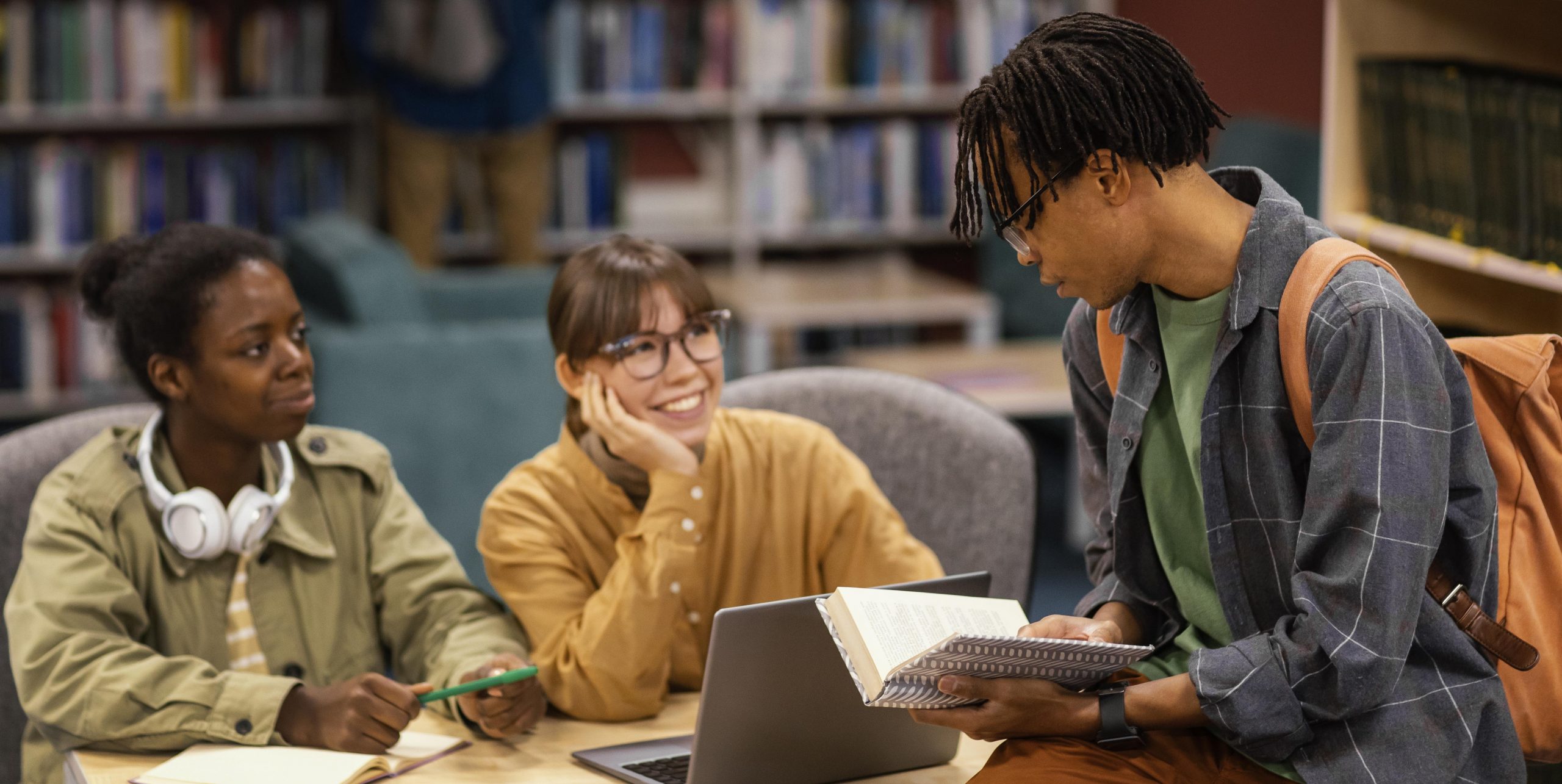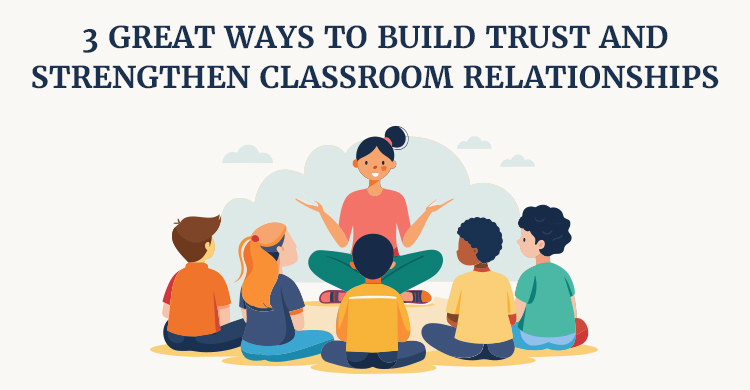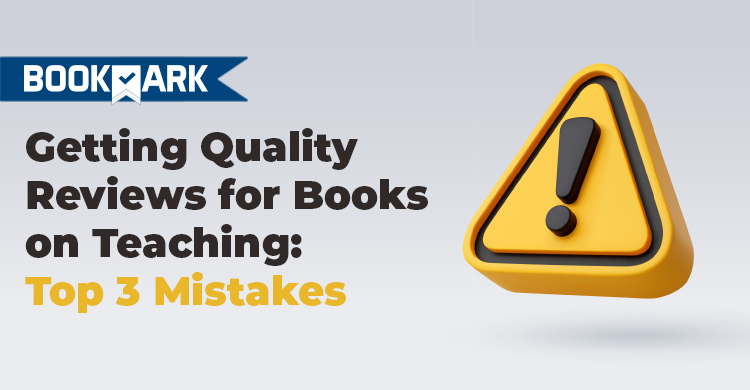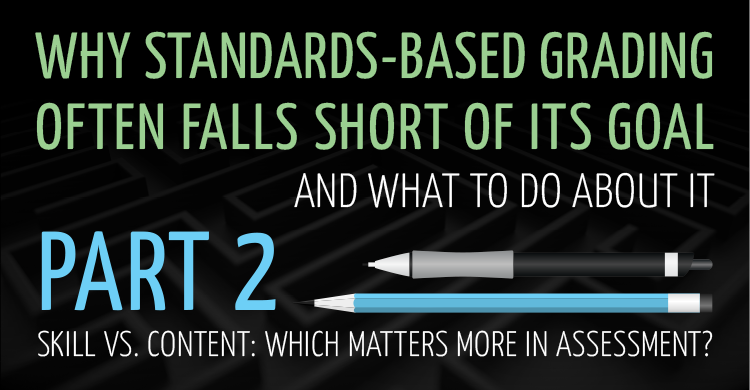“No significant learning occurs without a significant relationship.”
— James Comer
This is one of the most powerful quotes on the power of relationships I have ever heard. Read it again, and stop and think about the role the teacher-student relationship plays in depth of learning. Notice that the quote doesn’t say no learning occurs without meaningful relationships—it instead focuses on significant learning and significant relationships.
sig·nif·i·cant (sig-ˈni-fi-kənt):
Sufficiently great or important to be worthy of attention; noteworthy; consequential; influential.
Any person would be mindful of a relationship that they deem important or worthy of their attention–and this holds true in a classroom setting, too. If a student deems that their relationship with their teacher is significant, they will hold what happens in the classroom with high regard. They might also go the extra mile to ensure that they meet or exceed their teacher’s expectations.
Students can still learn but may not have a vested interest in a classroom where a relationship with their teacher does not exist. In his book Embracing Relational Teaching: How Strong Relationships Promote Student Self-Regulation and Efficacy, Anthony R. Riebel describes a relational teacher as one who values connection over the perfect lesson. Relational teachers believe that ensuring students feel seen, heard, and valued yields great returns on their class’s academic success.
Why connection matters in the classroom
It’s not that relational teachers discount the value of their content or instruction. Rather, they recognize that students’ active participation improves when they feel they are a valued member of the classroom community.
Although we all would probably love to instantly form a deep connection with our students on the first day of school, the reality is relationships don’t happen that quickly. Just like the relationships we have with our family and friends, the relationships we have with our students are created through the everyday interactions we have with them and their classmates. We may not realize it, but our students watch how we interact with them, their classmates, and others around them.
They look for consistent actions that help them form their own opinions about us—as people first and their teacher second. They want to see if our actions align with our words. This will help them decide whether or not they can trust us. Trust is the foundation of every relationship, and the relationship we build with our students is no different.
Luckily, there are specific actions that we can take each day to cultivate a culture of trust in our classrooms.

Remember: Every word is important in the classroom
Back when I was teaching, I was always mindful of the impact of idle threats. It was important to me that my students knew I meant what I said when I said it. If I told my students I was going to reward them for a job well done or that there would be consequences for inappropriate behavior, I always followed through.
Keeping my word created a safe and supportive environment where my students could rely on me and what I said. This empowered them to come to me with problems they were having inside or outside of my classroom—because when I told them I had their best interests in mind, they trusted me.
I helped my students see the value of consistency and being a person of your word. If you want your students to respect you as their teacher, they must first respect you as a person.
Don’t forget: Consistency plays the most important role
You may think that with all the freedoms our students have, they wouldn’t take to a super structured classroom. But let’s try thinking about it a bit differently: A lot of our students come from homes and neighborhoods that are unpredictable and find a bit of relief in the stability and structured environment the school provides.
In a classroom where things are clear cut and the routine is the same day in and day out, students know what’s coming next. So rather than seeing a structured classroom as something that limits them, think about how much it supports them in being independent learners.
The trick you must master is finding the balance between having order and control and giving your students the space needed to take academic risks that promote critical thinking and problem-solving.
Keep in mind that fairness is important to students, too
When managing your classroom, it is important to remember that your students will enter the classroom with a wide range of social skills. Some students may challenge you more than others, but it is vital that you handle disruptive and nagging behaviors consistently and impartially.
Even when a student who rarely acts inappropriately displays unwanted behaviors, they must be given the same consequences as the student who may try your patience more often.
The relationships in your classroom depend on you addressing all inappropriate behaviors with the same level of attention regardless of the culprit.
As educators, our everyday interactions with students influence the relationships we develop with them. So we should look at our actions as seeds that can grow into significant relationships. Whether you’re a seasoned veteran or just beginning your teaching career, it’s never too late to intentionally work toward strengthening the relationships you develop with your students.
After all, the relationships we develop with our students today can have a lasting impact well beyond the classroom.
Looking for more advice about how to build strong classroom communities that engage students and address diverse needs? Take a look at these three hand-picked blogs:
Erica Battle, an education expert with Life Changes in Progress Educational Consulting, has supported thousands of educators nationwide. She has held various roles in education, such as classroom teacher, instructional specialist, teacher mentor, and director of response to intervention, specializing in literacy. She is author of The Trusted Teacher: A Reflective Guide for Impactful Relationships With Secondary Students.






